The next version of the iPhone, one of the most recognisable gadgets of modern times, is set to be unveiled by Apple on Tuesday.
In its decade of existence, the phone has witnessed record-breaking sales highs and controversial lows linked to design flaws and user backlash over changes to its appearance and key features.
Here is a closer look at the history of the iPhone.
2007
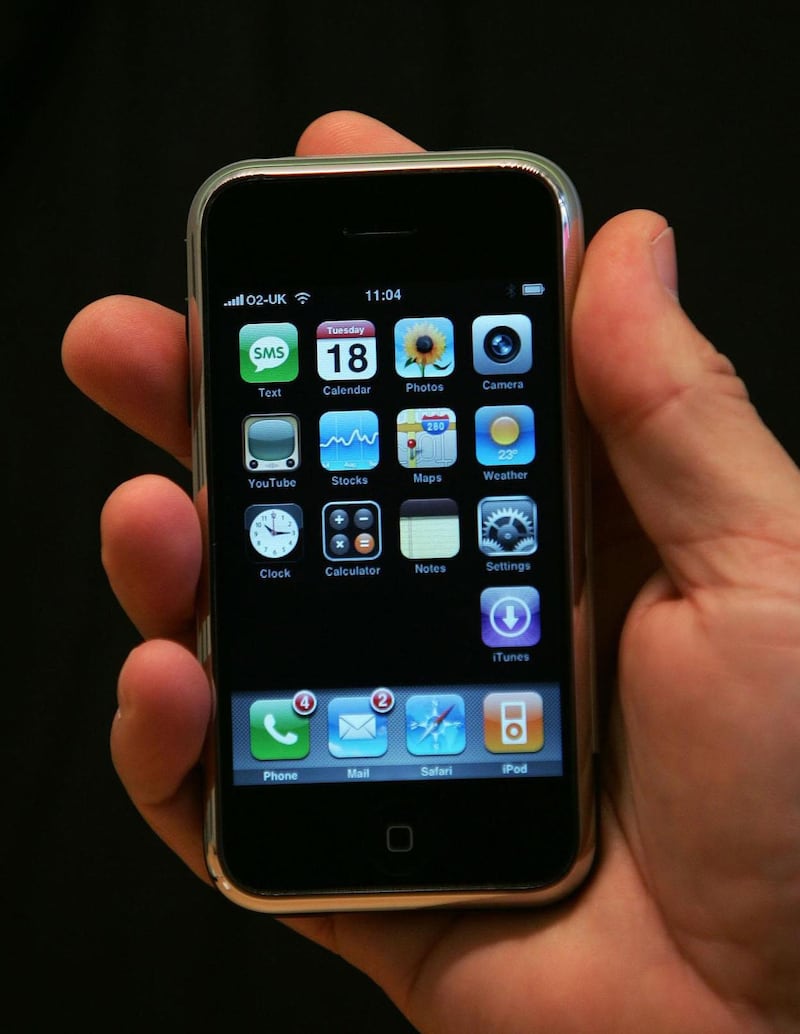
After being unveiled in January, the first iPhone goes on sale in June in the US and November in Europe amid passionate Apple fan reaction and queues outside retail stores. Around 3.4 million units are sold that year.
2008
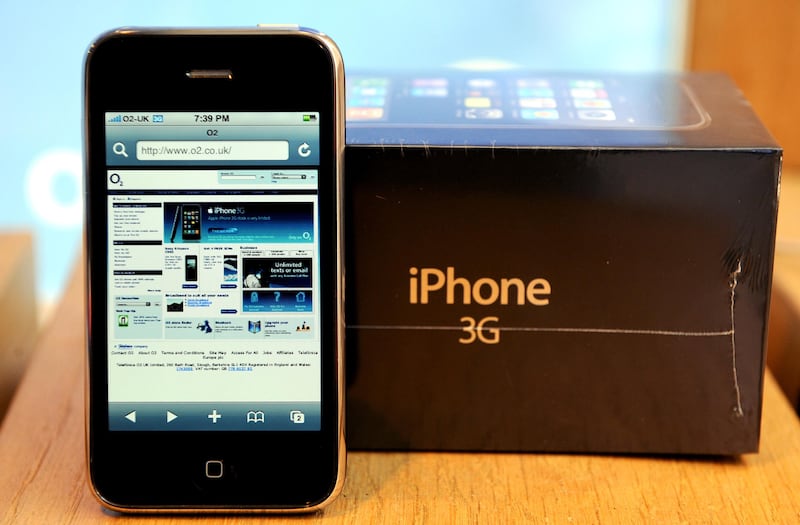
On July 11 2008, the second-generation iPhone 3G launches, including in a white colour option for the first time. Apple is criticised for maintaining the high price of the device compared with other mobile phones.
The App Store is also launched.
2009
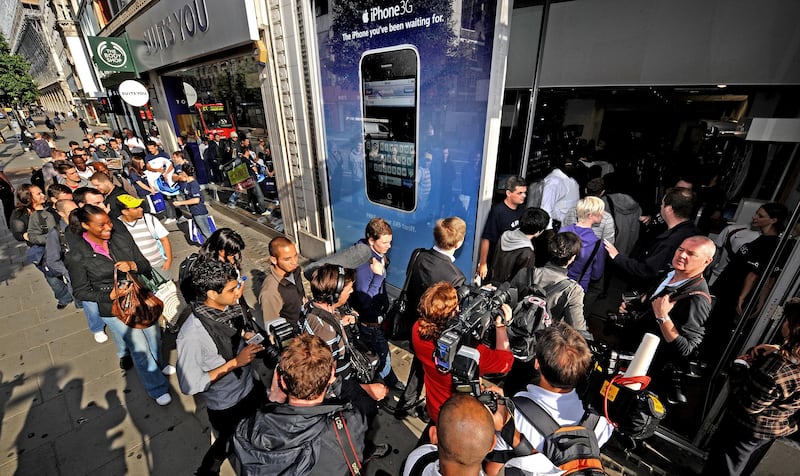
The iPhone 3GS goes on sale in June, and sales for the year reach more than 25 million.
2010
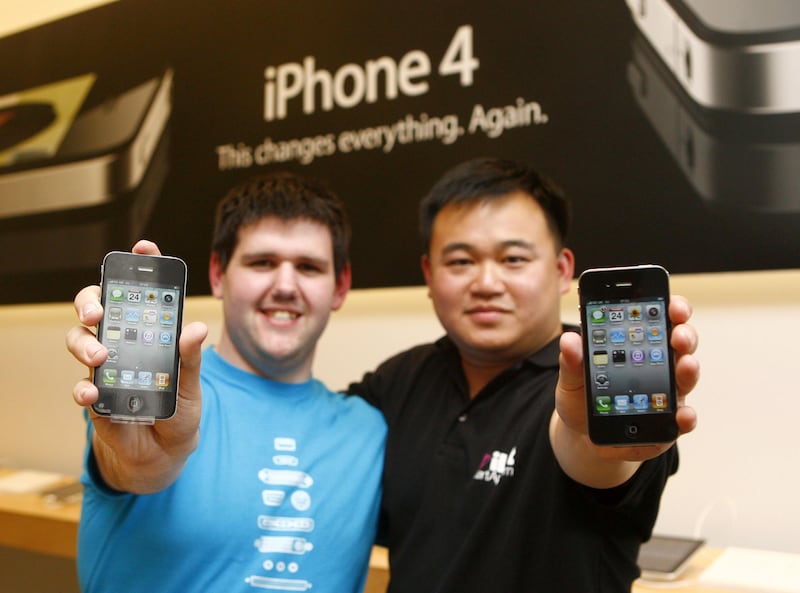
The introduction of the iPhone 4 includes the first major redesign of the iPhone, as the front and back casing are both made of glass for the first time, with a steel trim and edges that serve as the antennas for signal reception. However some users report holding the phone a certain way affects their signal, forcing Apple to issue advice on how to hold the phone to prevent phone calls dropping out.
Sales rise again to 47.5 million.

2011
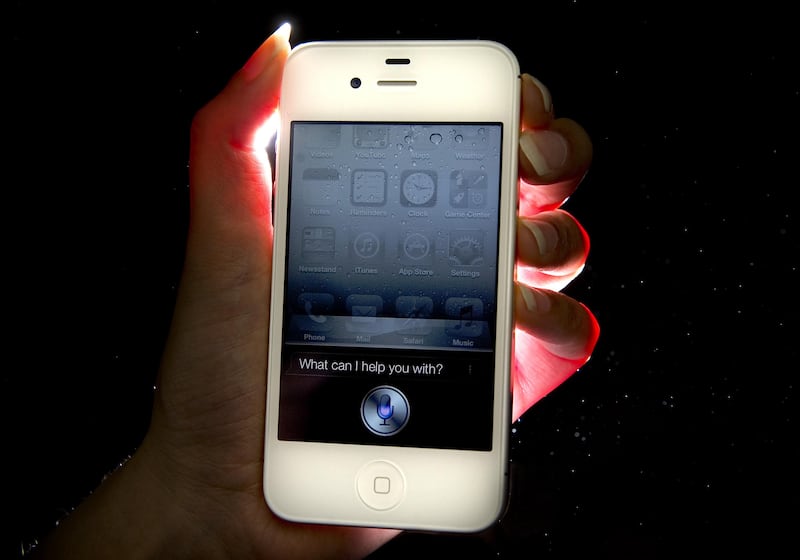
The iPhone 4s is introduced, including voice assistant Siri for the first time. Apple founder Steve Jobs dies the day after the phone is announced, as the 4s then becomes the first iPhone to sell one million units in its first 24 hours.
Also this year, Apple surpasses long-standing market leader Nokia as the largest mobile phone vendor in the world by revenue.
2012
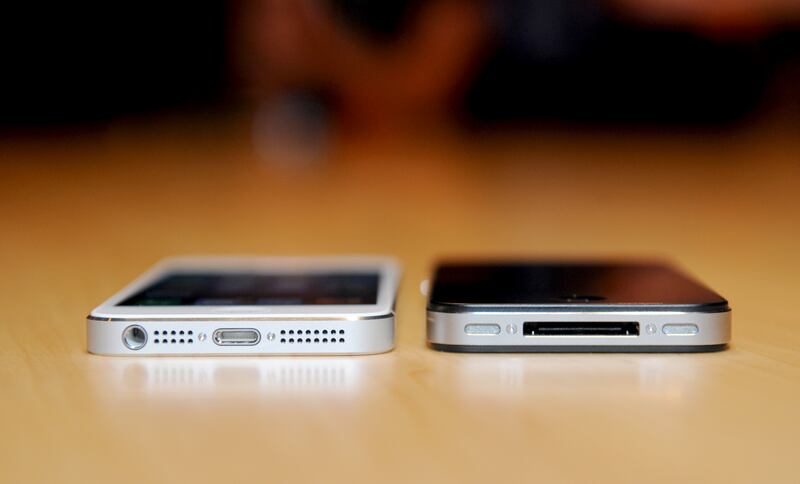
The iPhone 5 ushers in another redesign, this time increasing the screen size to 4in for the first time. By now, annual iPhone sales have hit 135.8 million units.
2013
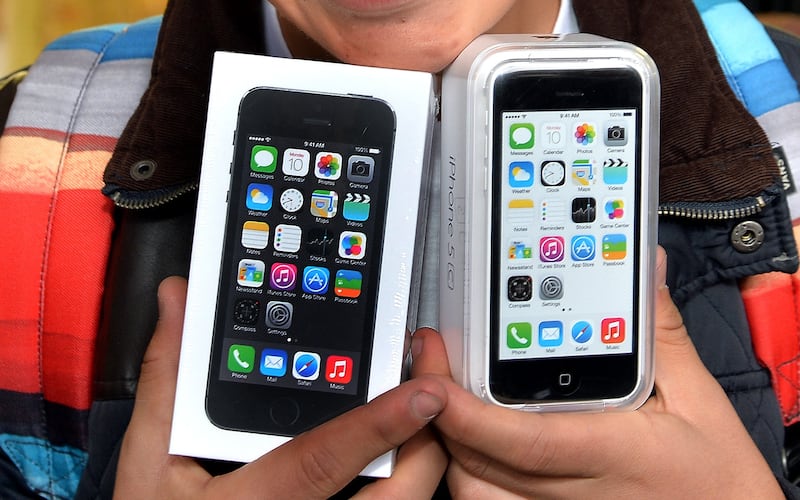
Another “s” model, this time the iPhone 5s, is launched. The first iPhone to include a fingerprint scanner integrated into the home button, known as Touch ID.
2014

In September, the iPhone 6 and 6 Plus are unveiled, offering the iPhone in two sizes for the first time – both of which have increased screen sizes on previous generations at 4.7in and 5.5in respectively.
Sales response shatters all Apple records, with four million sold in the first 24 hours and 10 million in the first three days of availability. However, the 6 and 6 Plus are not without flaws, as some users report their devices bending when sat on or placed under pressure.
2015
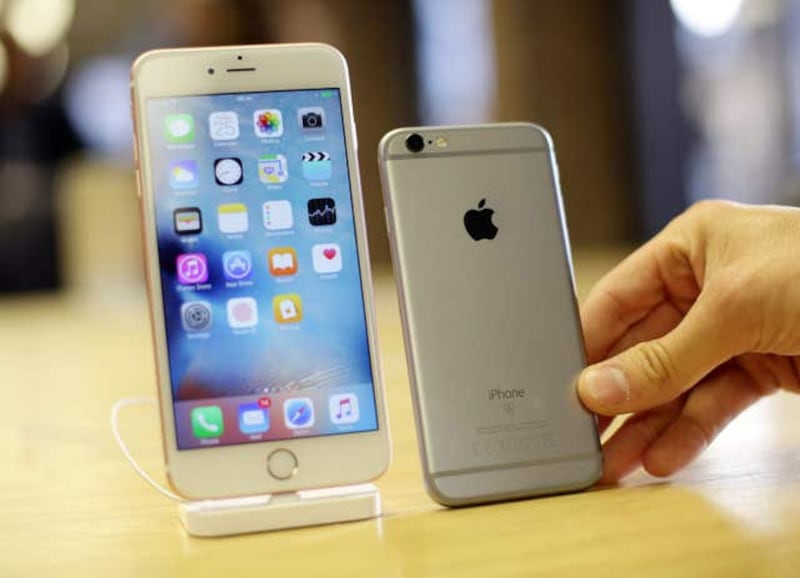
Thanks to the success of the 6 and 6 Plus, sales for the year exceed 231 million units, while Apple also records the largest single quarter profit of a private company during the year.
In September, the 6s and 6s Plus are released, complete with a new pressure sensitive screen.
2016
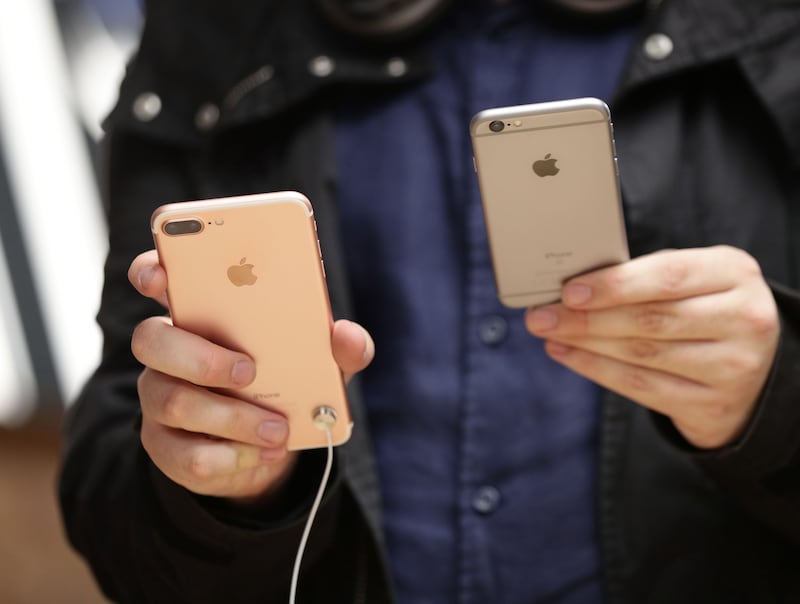
As the smartphone market begins to reach saturation point and competition from rivals increases, Apple reports several iPhone sales drops throughout the year. This includes the first revenue drop for the company since the iPhone first launched in 2007. However the one billionth iPhone is also sold during the year, and a new four-inch phone, the iPhone SE is launched.
Then in September, the iPhone 7 and 7 Plus are announced, with the Plus housing a dual rear camera for the first time that is designed to capture images to rival that of a digital camera.
2017
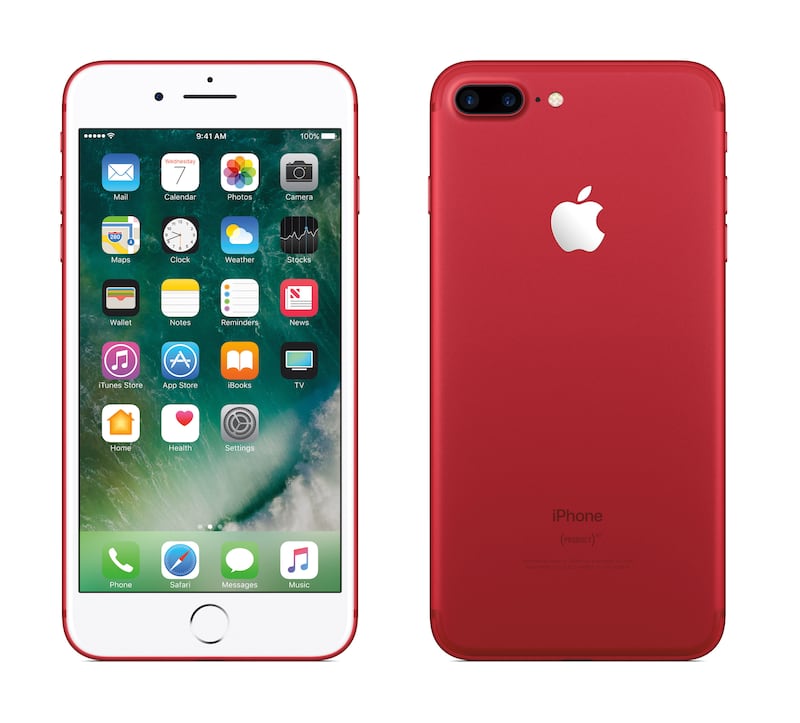
A special red version of the iPhone 7 and 7 Plus are announced in partnership with AIDS charity Product(Red).
At the company’s WWDC developer conference in June, augmented reality platform ARKit is previewed for the first time on iPhone as part of the upcoming iOS 11 software update. It will enable developers to build AR apps for the iPhone that use the new technology – which combines real images with virtual ones for gaming and entertainment experiences.








